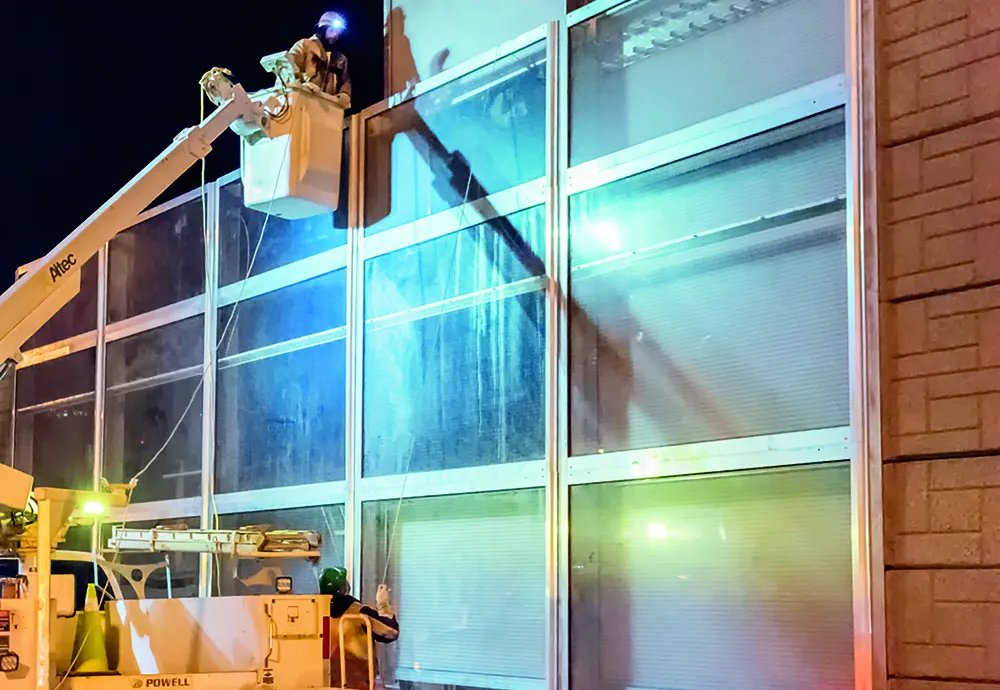TfL says hydrogen buses only need to be refuelled once a day for five minutes, making them suitable for deployment on longer routes.
The buses will operate on routes 245, 7 and N7, offering a service for people travelling to Wembley Stadium, or from west London to the West End. The vehicles will also feature on-board USB charging points.
The vehicles, which will cost TfL £12 million, are manufactured by
More than £5 million of the funding is being provided by the Fuel Cells and Hydrogen Joint Undertaking, and the Innovation and Networks Executive Agency, an executive agency of the
The move follows hot on the heels of the introduction of London’s ultra low emission zone last month.
Sadiq Khan, mayor of London, says everyone has a role to play in “cleaning up London’s toxic air”.
Darren Shirley, chief executive of Campaign for Better Transport, says: "Millions of people across the country live in areas which currently exceed legal limits for air pollution. Cities need to be doing more to improve their air quality, including investing in clean technologies as a matter of urgency.”
TfL to deploy 20 hydrogen buses in London
Transport for London (TfL) is to deploy 20 hydrogen double decker buses in London next year in a bid to improve air quality in the UK capital.
May 20, 2019
Read time: 2 mins








